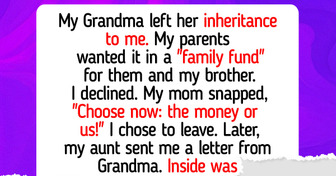Good for you for standing your ground. Your family stepped in and found out what you were trying to avoid. If your daughter and her husband aren't prepared to be full time parents and either take care of the kid full time or hire a sitter than they had no business in having a baby. Tell your sister to give the baby back and make other arrangements.
I Said No to Babysitting My Grandkid—I’m Not Sacrificing My Life Again
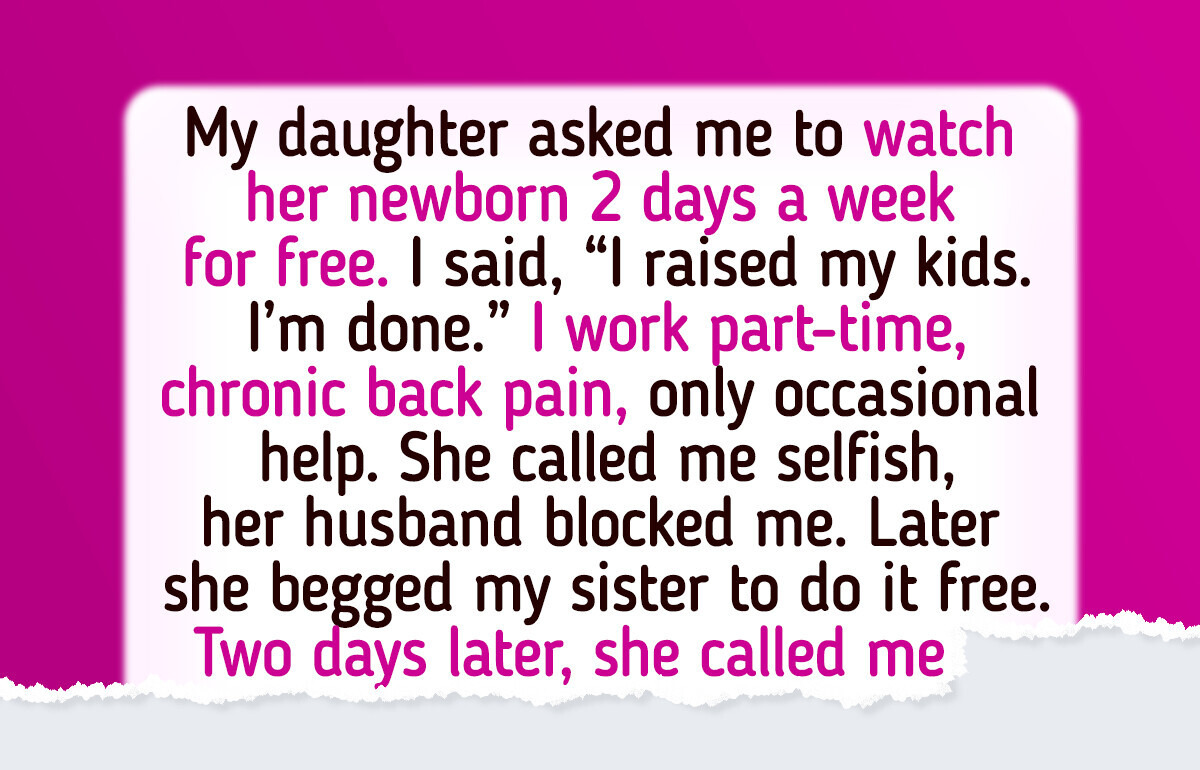
This week, we received a letter from a reader named Marina, who found herself in the center of a family conflict she never saw coming. What started as a request to babysit her newborn grandchild turned into a painful confrontation about expectations, sacrifice, and the invisible burden placed on grandparents. Her words reveal just how complicated “helping family” can become.
Marina’s letter:

I never thought saying one simple word would blow my family apart. But when my daughter asked me to babysit her newborn 2 days a week for free, I told her the truth: “I raised my kids. I’m not raising another one.”
She stared at me like I’d slapped her.
For context:
I work part-time, I have chronic back pain, and I’m finally — finally — enjoying a little freedom after 30 years of parenting. I offered to help sometimes, not become a full-time childcare replacement.
But my daughter insisted I was “selfish,” “ungrateful,” and “choosing my own comfort over family.” Her husband chimed in too — said, “Grandparents are supposed to help.”
That sentence lit something in me. I said, “You two chose to have a baby. Not me. If you need full-time childcare, you pay a sitter. I am not free labor.”
That’s when the family battle officially detonated.
My daughter stormed out.
My son-in-law blocked me on everything.
My sister said I was “cold.”
My ex-husband said I “never cared enough.”
All this... because I wanted to keep the tiny scraps of life I had left. A week later, my daughter secretly asked my sister to babysit — also for free. My sister said yes to look like a hero.
Two days later, she called me sobbing. “I can’t do this,” she whispered. “The baby cried for six hours straight. I had to lie down in the shower just to breathe.”
Suddenly, I wasn’t the villain.
Here’s what I learned: People love the idea of free childcare until they actually do it.
And honestly?
I don’t regret a thing.
Being a grandparent doesn’t mean becoming a second mother.
Sincerely,
Marina
Thank you, Marina, for trusting us with your story. Your honesty about boundaries, burnout, and family expectations will resonate with so many readers who struggle with similar pressures. We appreciate your courage in sharing such a personal moment.
Should grandparents be compensated? Problem and solution.
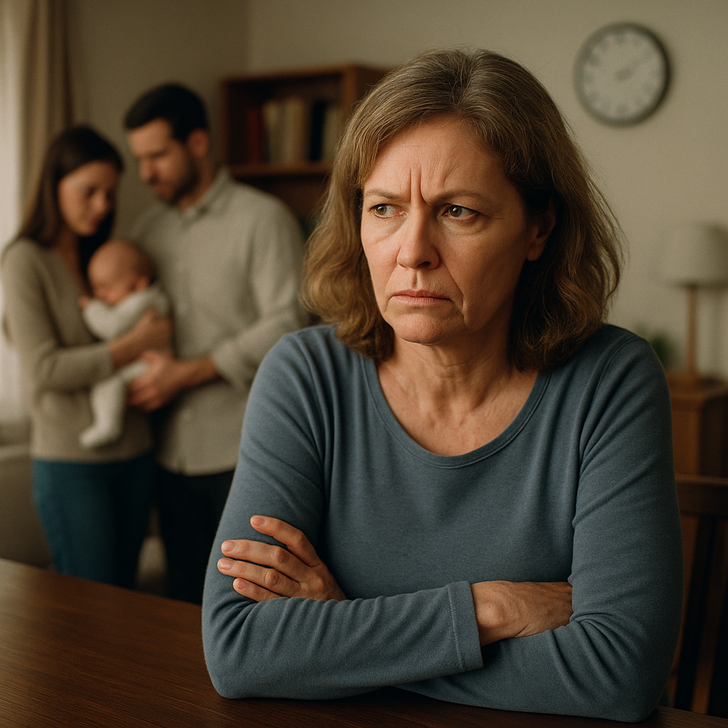
In many Eastern and Western European families, grandparents are often idealized as an “automatic support system,” a generational habit rooted in tradition rather than individual capacity. This creates an unspoken rule: older family members should always be available, emotionally and physically, regardless of their own limitations.
The problem arises when this cultural expectation collides with the psychological reality of aging adults who are rebuilding their identity after decades of caregiving. When a grandparent says “no,” younger relatives may interpret it not as a boundary but as rejection, triggering emotional reactions such as guilt, anger, and entitlement.
This dynamic is especially common when the adult child is overwhelmed with early parenthood and unconsciously shifts responsibility upward, hoping someone else will absorb the pressure.
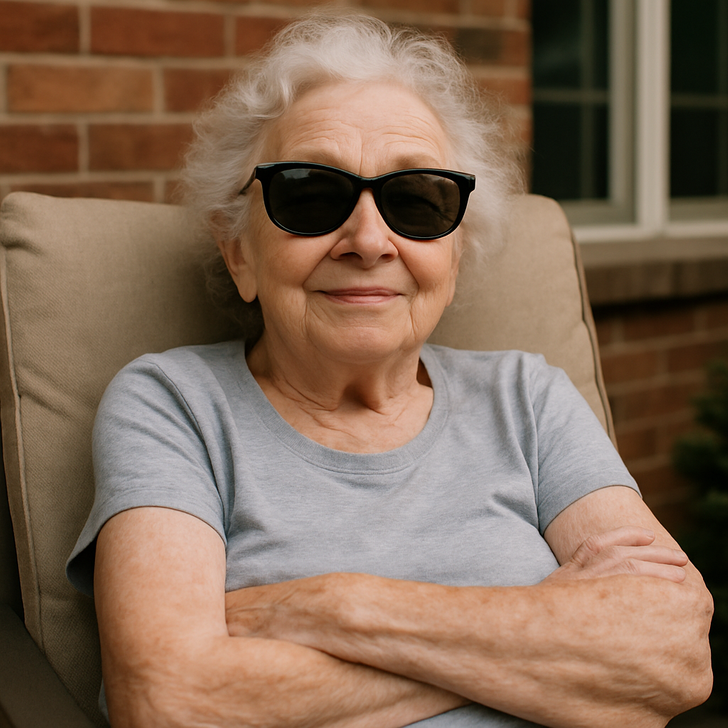
From a psychological standpoint, the grandparent often experiences role fatigue, a state where the mind resists returning to a role it has already completed. Chronic pain, part-time work, and the desire for autonomy intensify this instinct. Meanwhile, the younger generation may struggle with projection—placing their anxieties and stress onto the older family member instead of acknowledging their own limits.
The emotional impact can be significant: damaged relationships, unfair accusations, and long-term resentment on both sides. Without communication, a simple request turns into a family conflict that feels much bigger than the original issue.
The solution lies in setting clear boundaries early—ideally before the baby arrives. Grandparents benefit from framing their limits not as rejection, but as a realistic assessment of their physical and emotional capacity. Adult children, in turn, may need guidance to understand that asking for help is valid, but expecting free childcare is not a family obligation.
Families in both Eastern and Western Europe increasingly adopt shared-care models, such as rotating babysitting between relatives, hiring outside help when possible, or creating schedules that respect everyone’s time. Such approaches reduce pressure, prevent burnout, and encourage emotional balance across generations.
In the end, it’s a reminder that a little more awareness — and a lot more listening — could save every family from drama it never needed.
10 Stories of Kindness That Show Angels Walk Among Us Every Second of Every Day
Comments
Related Reads
My DIL Borrowed Money From Me and Refused to Repay—So I Took Action
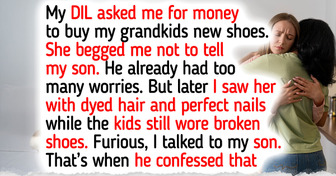
I Refused to Babysit Under My DIL’s Rules—I’m Not “Learning” How to Be a Mom
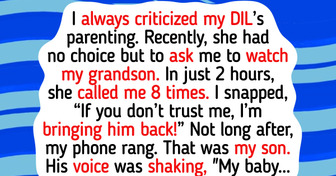
I Refused to Share My Inheritance With My Partner — I’m Not His Backup Plan
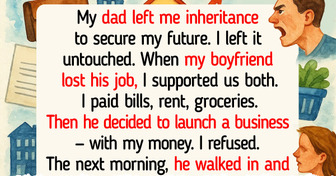
20 Moments That Remind Us to Stay Kind, Even When Life Gets Unfair
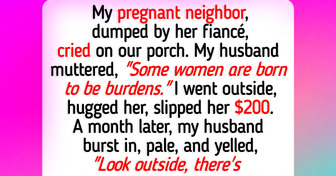
12 Moments of Kindness More Rare Than a Solar Eclipse That Show a Kind Heart Can Change the World
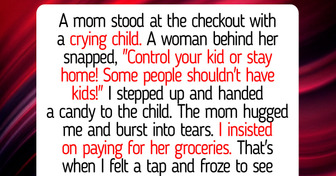
My Pregnant DIL Refused to Return My Mom’s Diamond Necklace, So I Made Sure She Paid the Price
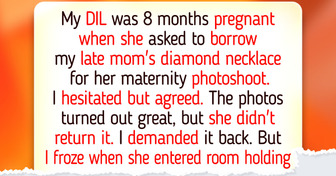
12 Moments That Show Kindness Can Change the World

12 Stories That Prove Kindness Is the Only Survival Skill That Doesn’t Fail
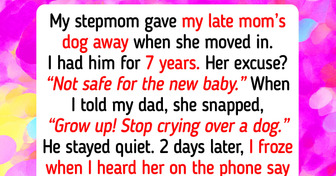
16 Stories That Remind Us Quiet Kindness Is What Makes the World Beautiful
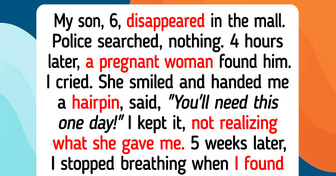
15 Times People Chose Kindness Even When Life Played Dirty
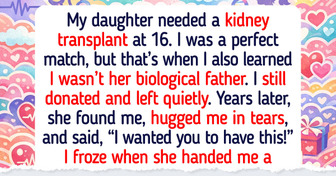
12 Moments That Teach Us to Stay Kind, Even When Life Becomes Heavy
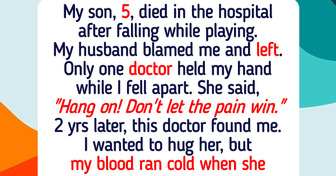
I Cut Off My Parents After They Demanded My Inheritance—and I Don’t Regret It
